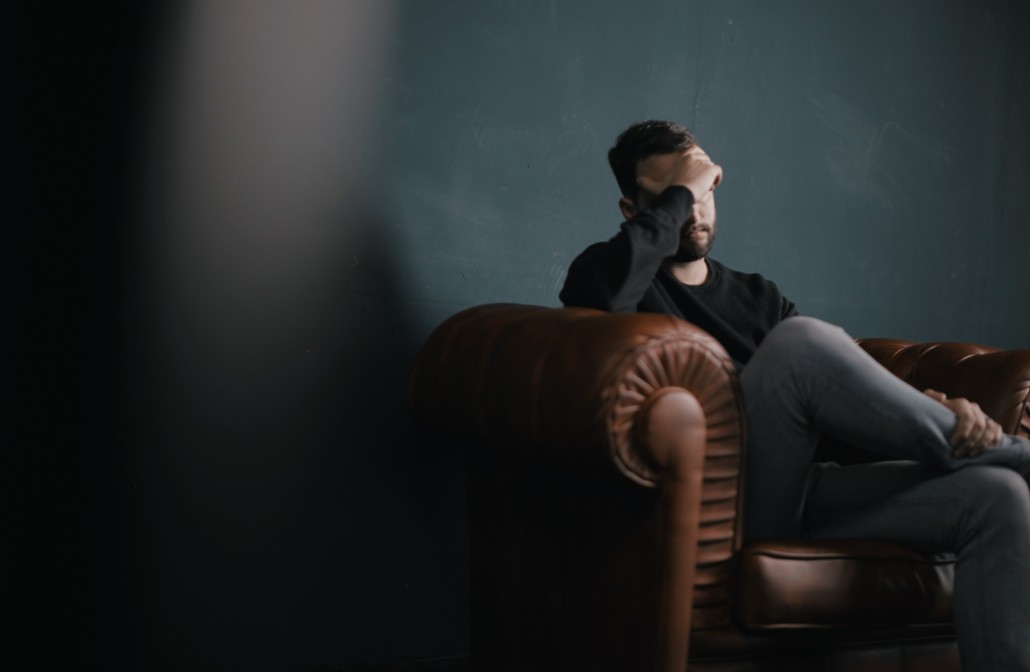How to deal with someone having an anxiety or panic attack
There is an estimated 400 million people worldwide who suffer from mental or neurological disorders, yet when spoken about, there still seems to be a certain stigma attached to those who live with such mental conditions. We have often discussed what to do when someone is faced with a physical problem that needs to be addressed, however, what about those who suffer in silence every day, whilst no one knows it’s happening? This blog post sets out to address what anxiety is and the dos and don’ts of dealing with someone who is experiencing an anxiety/ panic attack.
What is anxiety?
Anxiety is characteristically an irrational fear over something or someone (not to be confused with general nervousness). Panic attacks are short bursts of heightened anxiety that can often come out of nowhere. They can last as long as 25 minutes or as little as 5 minutes, or they can come and go in a continuous loop until whatever is causing the anxiety is resolved.
What are the symptoms of a panic attack?
Symptoms can include: cold sweats, heavy breathing or the inability to breathe all together, heavy pressure in chest area, fast-beating heart, inability to relax, sleep disturbances, difficulty concentrating, nausea, the seemingly uncontrollable feeling of being trapped or suffocated.
What to do when someone is having an anxiety attack:
- Make it known that they are not trapped, that they have the option to leave if they need to
- Assure them that there is nothing to be afraid of
- Let them know it is only temporary and that this feeling will pass
- Encourage them to breathe
- Attempt to have an engaging conversation with them to help lure them away from the feeling of panic
- Stay with the person, even if they tell you to go, it is just the anxiety talking
- Let them know you are always there to listen
- If they haven’t gone to seek help, let them know that you will be there every step of the way
What not to do when someone is having an anxiety attack:
- Don’t tell them to calm down of relax, this makes the anxiety worse
- Don’t ask them why they’re panicking – the chances are they don’t know themselves
- Don’t brush it off
- Don’t seem irritated or judgemental
- Don’t avoid the person
- Don’t assume that the problem will just go away, comfort them until it does
Your health and safety is our main priority, if you or anyone you know experiences a panic attack and needs assistance, please don’t hesitate to call Maponya 911 Rescue on 0861 960 960



 Photo by JESHOOTS.com from Pexels
Photo by JESHOOTS.com from Pexels